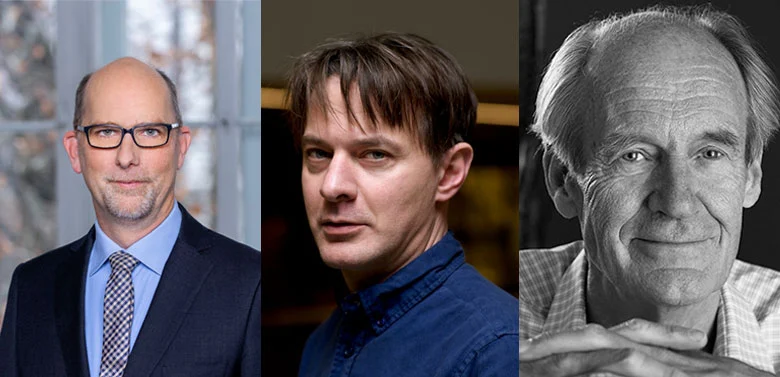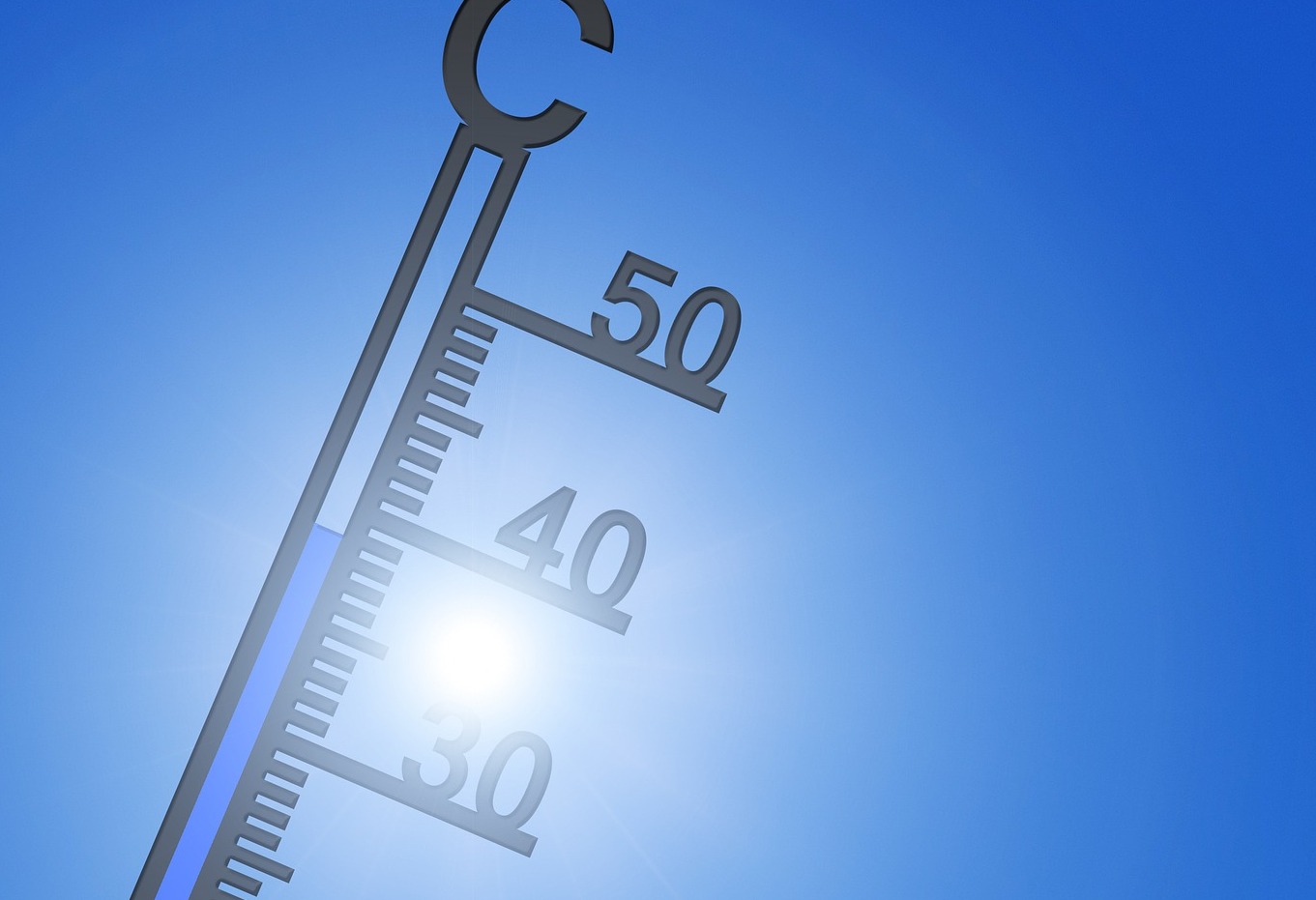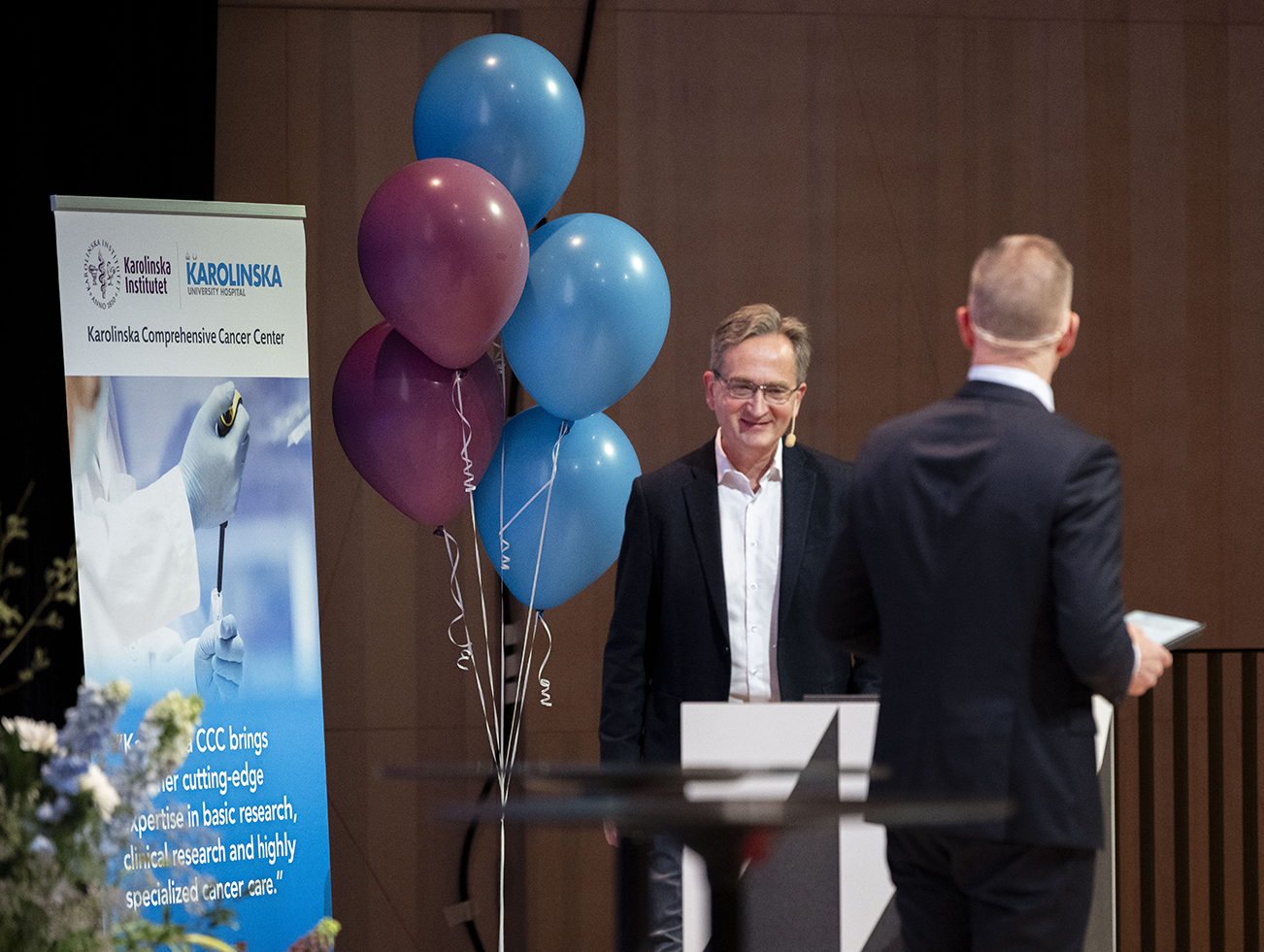Speaker 1:
Okay. Then look, welcome, everyone, to Singleton saleyards. Thank you very much for coming along. Particularly thanks to the Deputy Prime Minister Barnaby Joyce for coming along here today. We have Mayor Sue Moore. Thank you for having us. And, of course, we’ve got the federal candidate for hunter, James Thompson. Thanks a lot for coming along. And, of course, the hospitality here from AAM and HR, the Hunter Regional Livestock Services, thanks a lot for having us here. It’s great to be here for this very important announcement. Look, we all know that the Hunter Valley is strong in terms of industry. It’s strong in coal. But I’ll tell you what, it is strong in agriculture, and the announcement today that they’re making just tells everyone how strong agriculture is. Right here with this investment it’s going to get stronger and stronger. So I’ll hand over to the mayor to say a few words.
Mayor Sue Moore:
Thanks, Dave. Look, it’s absolutely great to be here today, and I very much share the community’s thanks for the money, Deputy Prime Minister, Barnaby. $2.7 will be excellent for the wonderful project that we’ve got. So aquaculture always was important to this region and always will play a significant role in the economy and the social fabric in the area of Singleton. Amongst other things, this project will allow us to grow the capacity of the saleyards and refurbish the already sad kiosks that we have here. The returns to the local stakeholders will improve the overall welfare, and we look forward to working with regional livestock exchange to deliver this project. I’m told the DA’s already approved, so it will go to tender ASAP. Thank you.
James Thompson:
It is a fantastic announcement for the Hunter Region, and we support the agriculture industry. Why? Because the agriculture industry supports this nation, and here in the Hunter, whether it be cattle, whether it be our other farming and agriculture industry elements, we always back our farmers, and we back the agriculture industry in this region. We want to see it grow because they’re the families, they’re the businesses that support our community, so we are committed to supporting them. I’ll hand over to Si from RLX.
Si:
Welcome to our facility, everybody. And to our Deputy Prime Minister, Mr. Barnaby Joyce and our local candidate for the federal election, James Thompson, thank you very much for your contribution to this joint venture project between Singleton Council and RLX to rebuild this facility. As the mayor said, not only are we rebuilding the canteen and the office buildings, et cetera, but a lot of this money is going into rebuilding this facility and future proofing it for the efficiency and modernization of the supply chain to make sure that agriculture in this region can continue to grow from strength to strength and form a greater part of the economy here with a better, more efficient supply chain, better welfare standards, and more employment in the region. Thank you.
Barnaby Joyce:
Well, thank you very much for your attendance here today. And I’d like to also thank both the mayor, obviously the local state candidate, Dave, the AIM, the regional livestock exchanges, which is so important to our candidate, James. It’s obviously a focus of the nation, James. People are very interested in what’s going on because what’s happening is the Labor Party is realizing you can’t take the Hunter for granted, and the fight is on, which is very, very good. That’s what we want. That’s we want to see. Now what we’re hearing behind us is a sign of a nation becoming as strong as possible as quickly as possible. What we’re hearing behind us is people who are basically paying for everything from haircuts to motor cars to holidays in the Hunter. What we’re hearing behind us is money flowing end of the Hunter, incredibly important. And that’s why we supported this $2.7 million going towards theseexchanges. It’s actually bringing money into the Hunter.
Weaner sales, that’s the young cattle when they’re just off the cows or something, moms, very important sales that come down to the coast, come towards the wild part of the Hunter, pick them up, take them out west, grow them out, make yourself a little bit of money. Very important. That also helps areas long way away from here make a dollar. It’s a very important industry which we’ve got here. And even in this, if someone’s got a few cows, only a few cows, and you can get a few steers off them, maybe a couple of heifers, well, you might have just paid for your Christmas holidays, and that’s good. So it’s not just the big fellows that matter. It’s every person, every mum and dad that matters, because they all get a chance to have a smaller block, to get a chance to earn a bit of money, and it’s great.
It goes into your skyrocket. You can hold it over for Christmas, hold it over for when you know the kids have a 21st or something, and that’s for the small producers. So every person has a chance to have a crack at the cattle industry, and that is a good thing. And it’s in places such as the Hunter where you can get the people who’ve got smaller blocks, but they get into the blocks and they hold them, and they could get a chance to make a dollar. And we like that. We like that opportunity. It’s not just here. We have a plan across the nation. I was at Rockhampton the other day, the beef capital, and Emerald and all these areas where we try to invest in these saleyards, in [inaudible 00:05:45], Tamworth, Scone, Singleton. And what we are doing is making sure that this industry remains strong.
We’ll talk about threats. The Labor Party say that if they get in, they will ban the live sheep trade, right? They’re saying that. Now people say, well, that’s not a problem to the Hunter. Just you wait. Just you wait, because the next thing they’ll start moving to the live cattle trade, and then it’s going to go into the transport. And people such as Lisa Chester have given speeches in the past in the parliament about the concerns they have with people who truck cattle around. It happens because a party such as the Labor Party move away from their base, and they keep moving away from their base so they lose connection with the issues that are so very important. And then in trying to grab their base back and reach back, we end up with this ridiculous scenario where we’ve got two completely different statements about a key policy, like their safeguard mechanism. Their safeguard mechanism…. We have a ceiling safeguard mechanism up there pretty high. No one’s going to hit their head on it. They’ve got one down low because in the bigger businesses around here… How many businesses use the safeguards mechanism..?
Speaker 1:
15 mines.
Barnaby Joyce:
15, 15, built the head on it, affects those 15 mines. Money goes out of the Hunter, which means it doesn’t go into the hairdresser. It doesn’t go into the accountant. It doesn’t go into the shops. They don’t want that. Now we had Mr. Robert Coley up there at [inaudible]the other day. What he said and what Chris Bowen said were completely opposite. They must take everybody for a fool. To think you got two different messages, how does that work? I mean, what’s going on here? Are they a different party? They have to register themselves, get a different colored t-shirt, so a slightly red t-shirt, maybe a little bit of a pinker t-shirt. I don’t know. I don’t know how this works.
But whatever your thoughts are, don’t be taken as fool, and don’t respect people who try and spin you a yarn because it’s just not being straight. Now back to cattle. Good outcome today. We’ve got $80 million worth of cattle that go through here. Say, how many? $80 million, $80 million worth of commerce going through there, very important. And therefore we’ve got 80 million reasons to grow this even bigger. And that’s my focus for the Hunter. That’s James’s focus for the Hunter. It’s my focus for the nation. Whether you are in Singleton, GracemereScone, or whether you’re loading cattle at Broom, grow this industry, make it bigger, earn more money, make our nation as strong as possible as quickly as possible.
Journalist:Barnaby, regional newspapers are calling for government subsidies to help with rising newsprint costs. Will the government do anything to address this issue?
Barnaby Joyce:
Very good question. The fourth estate and regional area so vitally important. Yesterday I was up at, it was a couple days ago, at Inverell, invested into the local community radio station as we’ve done in Carindale, as we’ve done in Tamworth, as we’ve done in Tenderfield. And this is just my area. And I’ve been having discussions with the Prime Minister this morning, this morning about this issue. It is important. I’m not going to make any announcements. What I am going to say quite clearly and be completely truthful, this issue, we were brought up with the Prime Minister this morning. We must have a fourth estate. You’ve got to be able to hold me to account. You’ve got to be able to hold Sue. She’s gone. You got to be able to hold the local government to account. You’ve got to be able to hold this fellow to account. You’ve got to be able to hold that guy to account.
Because without that, you don’t have a democracy, and local people want to read local news. They want to read about the what’s happening in the local council and what’s happening in their local footy team, their local netball team. They want to hear about births, deaths, and marriages in their local area. And what we’ve seen over so long is that we’ve got Facebook and Instagram just ripping advertising revenue out of areas. As they rip advertising revenue out of areas, they can’t employ you. They can’t employ journalists. And so we got to deal with this. And as you know, I’ve been on the case of the big… I went over to the United States to try and deal with this, and I got COVID. There’s too much power ,and they take too much advertising revenue, and it’s changing the complexion of how democracy works, and it’s got to stop.
Journalist:
How did the Prime Minister respond when you raised it with him this morning?
Barnaby Joyce:
Okay, I’m just going to say we had a discussion about it, and it’s not dismissed, and we’re very aware of this issue, and I’m very aware of this issue. I helped out four, came out with packages before. I never make announcements that haven’t been announced and we haven’t finalized. But what I always say is you heard about it and then flicked it and went on. No, no, no. I was talking to Prime Minister about this morning.
Journalist:
Those past packages were in relation to COVID. This one, well, COVID may not be an issue in this one. Does that mean it’s less likely to happen?
Barnaby Joyce:
We have got to try and work this thing through. And as a member of the Expense Review Committee, I’m not going to start foreshadowing what we need to do, but we got to win. We’ve got an election in front of us. This is an important issue for our democracy. We must have a vibrant fourth estate. Otherwise, basically I can get away with anything. What happened up the other day there at Muswellbrook] with two different yarns about a single policy, they’d get away with that. But it’s the fourth estate that says, “Hang on, mate, you can’t do that. Stand behind your party’s policy. That’s your policy. Mr. Bowen said it. There’s your talking points. Advocate or do whatever you like, but don’t come up with a different one.” The only people who pull them into gear over that is you guys.
Journalist:
How do you feel like you’re faring in Hunter, 3% margin? What’s your polling telling you?
Barnaby Joyce:
Yeah, it’s going to be a tight run thing, very tight run thing. And so really back over to the people of Hunter with Macquarie lakes or Muswellbrook. I genuinely believe that the nationals will do a better job because we’re not compromised by having to represent an inner urban constituency, which is absolutely 100% got their rights to be represented. But it’s become incredibly difficult for the Labor Party as they’re competing for inner suburban seats and then coming back up to a place like the Hunter or going to Gladstone because they do exactly what they did. They can’t release two different messages, and they take everybody as a goose. And they say, “Well, mate, if that’s what’s important to you, what you said in the inner suburbs of Sydney, well, good luck to you and God bless you. But please do not come up to Muswellbrook and say something different and think we’re not smart enough to compare the two.”
Journalist:
Just following up on that, Barnaby, 2019, the Hunter was potentially vulnerable. There was a massive one nation vote, 20%. That’s probably unlikely this time. Stuart Bonds has stepped down. He’s not with the party anymore, standing as an independent. There were issues around mixed messaging around coal, and Joel Fitzgibbon spent the last three years being a loud and proud advocate of coal. And on top of that, there was a local perception that Joel was busy playing politics in Canberra. He stepped back from the shadow bench, went back to being a back bench up. So it seems like Labor has tackled all these issues that were perceived as problems. Do you really think that you guys are going to have a chance at swinging Labor Heartland? This has been a Labor seat for over a century.
Barnaby Joyce:
Yeah, I do. I think that we know why Joel left. Because Joel, yeah, he had a very good career, and he also didn’t get along with Mr. Albanese. Let’s be completely factual about it. So if he can’t trust Mr. Albanese, why should the Hunter Valley? It’s as simple as that. If Joel thought that Mr. Albanese wasn’t the best thing for the Hunter Valley, and he stepped down… He never ratted on his party. I’ll give him that. He never bolted. He stuck with it to the end, but in the end it was quite evident. And it wasn’t just the coal industry. It was also the agricultural industry. Joel sort of fought a lone fight in the end trying to make sure that he stood up for people because it’s self evident to him as where he lived and where he came from Cessnock, his whole[inaudible]. What they were saying was just down there in Canberra’s was just wrong.
And it’s just driven by a different type of politics. It’s driven by Mr. Albanese, by Senator Penny Wong, by Tony [inaudible], by Richard Miles. And you can’t go from statements saying it’d be a good thing to close down the coal industry to, “Oh, hang on, hang on. We’ve got an election. We kind of need the Hunter. So how are we going to do this? We’ll say two different things.” I was reading that article this morning. Some of it’s just amazing, that apparently the Hunter Valley is going to be determined by its competitiveness against what’s happening in Mongolia. So I ring up Ulaanbaatar in the morning and find out whether I’ve got a job. I don’t get this.
Journalist:
You’re talking about the mixed messages that Labor has to particularly coal minds here in the Hunter Valley. What’s your message to the coal miners here?
Barnaby Joyce:
The coal miners see it’s quite clear that we’ve got to make this nation as strong as possible as quickly as possible. We’re exporting vast amounts of coal. Recently it’s been the highest price that’s been on record and volumes. And as that money comes into our nation, it helps us. It’s a seed of wealth, the seed wealth. Our seed wealth comes from iron ore, number one, and coal and gas. In the top 10 you’ve got beef. It’s about $16 billion a year in the beef industry that we earn. It’s very important. You got your irrigated cotton, your grains. You also have tourism, and you’ve got education. They’re there. But in the top 10, I think they’re the only two that are not mining or resources.
Now, everything we do, and I say this again, is I look at all the people in front of me here, and you on the other side of the screen, have a look at your shirt. It came from overseas. Your strides came from overseas. Your car came from overseas. Your fuel came from overseas. Your phone came from overseas. Your television came from overseas. Your stove came from overseas. What does that mean? It means somebody somewhere must be putting something on the boat and sending in the other direction for your terms of trade for you to have that. Otherwise, that Palmer note in your pocket… I hope I got one here. Let’s have a look. Oh, here we go.
Speaker 8:
We do make those in Australia.
Barnaby Joyce:
Yep. Red back. Okay? That’s worth nothing unless something goes on a boat because no one needs it. They say, “I don’t need to buy anything off you, mate.” So it has no value. And of course, when that has no value, your inflation rate goes through the roof. Now we manage to keep our inflation rate comparably lower to other countries, and we’ll see what the fed reserve does today. But we’ve done well because we keep our terms of trade up. And if people come in with ideas of shutting any other grains, they want to shut down the coal industry, shut down the gas industry-
Journalist:
Talking about that, what about the CWA? The conference this week – unanimous support for protection of farmers against-
Barnaby Joyce:
Well, I want protection of farmers. I mean, I’m not saying that you’re going to have a coal mine everywhere. And, in fact, I’ve stood up against having a coal mine on the Liverpool Plain, but I’m not-
Journalist:
Well, they’re now doing coal seam gas. What’s the difference?
Barnaby Joyce:
Well, they’re not doing it on the Liverpool Plains.
Journalist:
Yes, they are.
Journalist:
Yeah, yeah.
Barnaby Joyce:
At, what ….
Journalist:
Santos as opened up the PLE’s there.
Barnaby Joyce:
Well, are they drilling then?
Journalist:
[crosstalk 00:17:11]
Journalist:
The reason they’ve reopened them is because they have intentions to drill there.
Barnaby Joyce:
Okay. Well, and that’s-
Journalist:
And that’s mixed messaging. The CWA are actually saying the opposite to the National Party.
Barnaby Joyce:
Well, the CWA is not the National Party. The National Party is not the CWA, but what I can clearly say that is if we start losing the coal industry, and that’s where we’re heading, then where’s the money coming from? What are we going to replace that $110 billion with? Where is it?
Journalist:
But what happens if their export markets don’t exist? Korea and Japan-
Barnaby Joyce:
Well, if they don’t exist, that’s a good question. The-
Journalist:
I mean, they decide. It’s like our beef. The overseas people decide the price of everything, not us.
Barnaby Joyce:
Okay. If the export markets don’t exist, then obviously you’re not exporting to them. But they do exist. They exist massively. And if we take out $110 billion worth of exports of coal and you have nothing to replace it, the pressure comes on the budget. So it comes on in whether your NDIS, your pensions, your education, your health, your police force with royalties. And no one’s ever comes up with where this alternate money’s coming from.
Journalist:
Isn’t that your job though?
Barnaby Joyce:
Well, that’s dead right. We’re building alternate industry in the healing industry, the hydrogen industry, correction, hydrogen industry. We’re doing it, but we’re not going to say we’re going to kick you into the curb and make you unemployed. We’re going to say we’re going to develop an alternative industry. As it grows and as you can make a choice, we paid $140,000, $120,000 or more in the mines. You can go to another industry that pays its same amount. We don’t just arbitrarily go around and shut down industries and then miraculously say, “The economy will remain the same. You won’t be poorer.” You have to be.
Journalist:
Just on terms of trade, Barnaby, federal government is building Hell’s Gate Dam, half funding it with private, and then it’s-
Barnaby Joyce:
Hell’s Gate Dam is full, but Urannah is half.
Journalist:
Sorry. Sorry, the full funding for Hell’s Gate Dam. My apologies.
Barnaby Joyce:
Yeah, that’s right. I make a mistake about…
Journalist:
Yeah, yeah, one for one. Then it’s going to be gifted to the Queensland state government for irrigation use. Have you checked that that’s not in breach of international trade agreements in terms of subsidizing farmers?
Barnaby Joyce:
Well, no I haven’t.
Journalist:
The gifting in particular.
Barnaby Joyce:
No. See, they don’t own it in the long term. It comes back to the state, and this is another thing that annoys me, that even that private enterprise money ends up as a lease. It comes back to the state. And so the state is basically getting half the money from the federal government, half the money from private enterprise for an asset they ultimately own. But right to this day, they’re not doing it. They’re not doing Hell’s Gate and they’re not doing Urannah. And both of them, by the way, were Labor Party policies. We’ve just come up with a Labor Party policy and put money on the table, and they still won’t do it.
Journalist:
Just really quickly on interest rates-
The four major banks have said that they’re going to pass on that interest rate rise in full to their customers of mortgage holders, but only Westpac so far has said that they’re going to pass on that rate rise to deposit holders. What do you think of that?
Barnaby Joyce:
Yeah. Well, I think if you’re making revenue from an interest rate rise, then yes, you should be making sure that the pensioners who have money invested and want a return that they also get an increase. I mean, all these things that are an invidious problem, but there are a lot of people who have got money in the bank who are not getting money from the bank in interest. And I suppose it’s an issue for them. They need a better return because that’s how they get by. So I would say to the banks, you can’t have it both ways. If you got the mechanism that suggests you’re going to put up the price of money, then you better have the mechanism which means you pay more for it to the people who lent it to you.







/news/gmp-ops-strategy-web-banner.tmb-768v.jpg?sfvrsn=3fe03d03_1)
